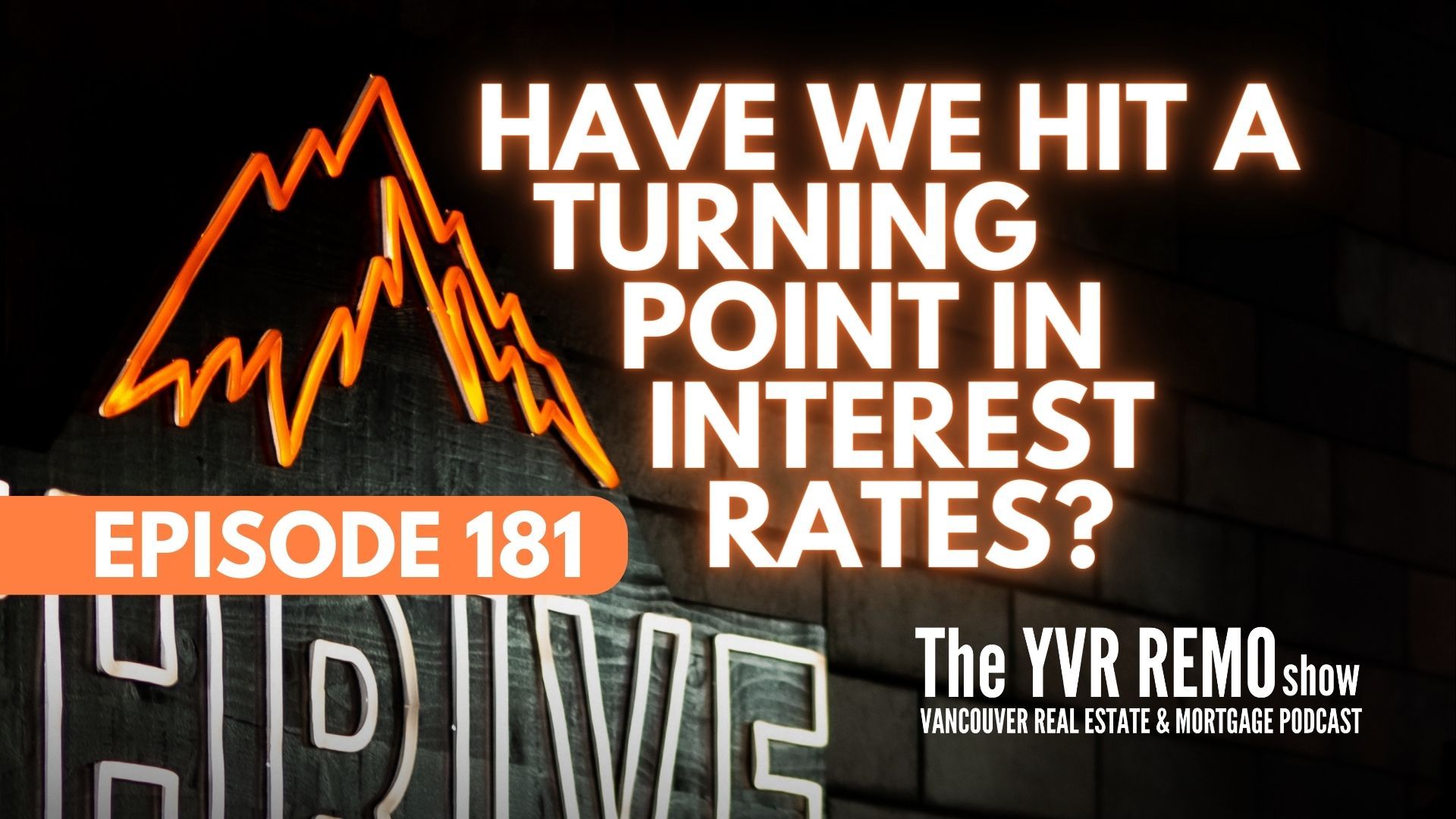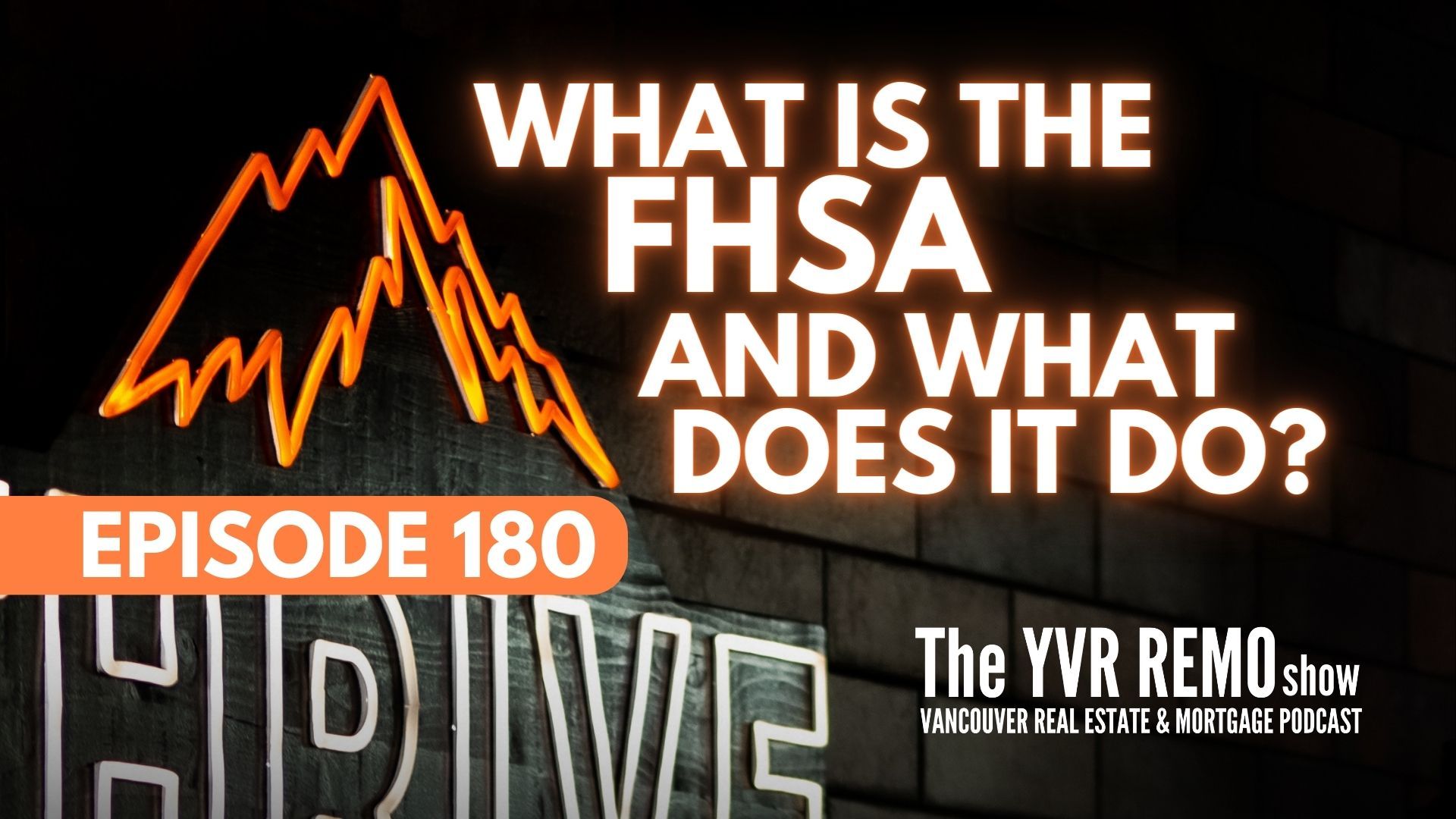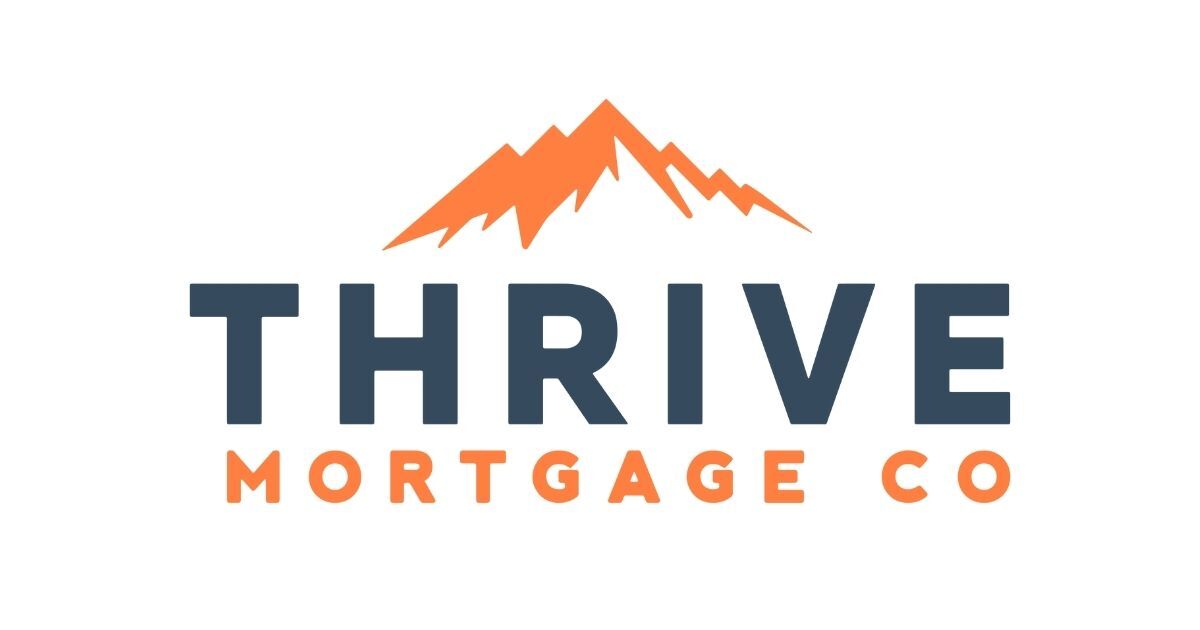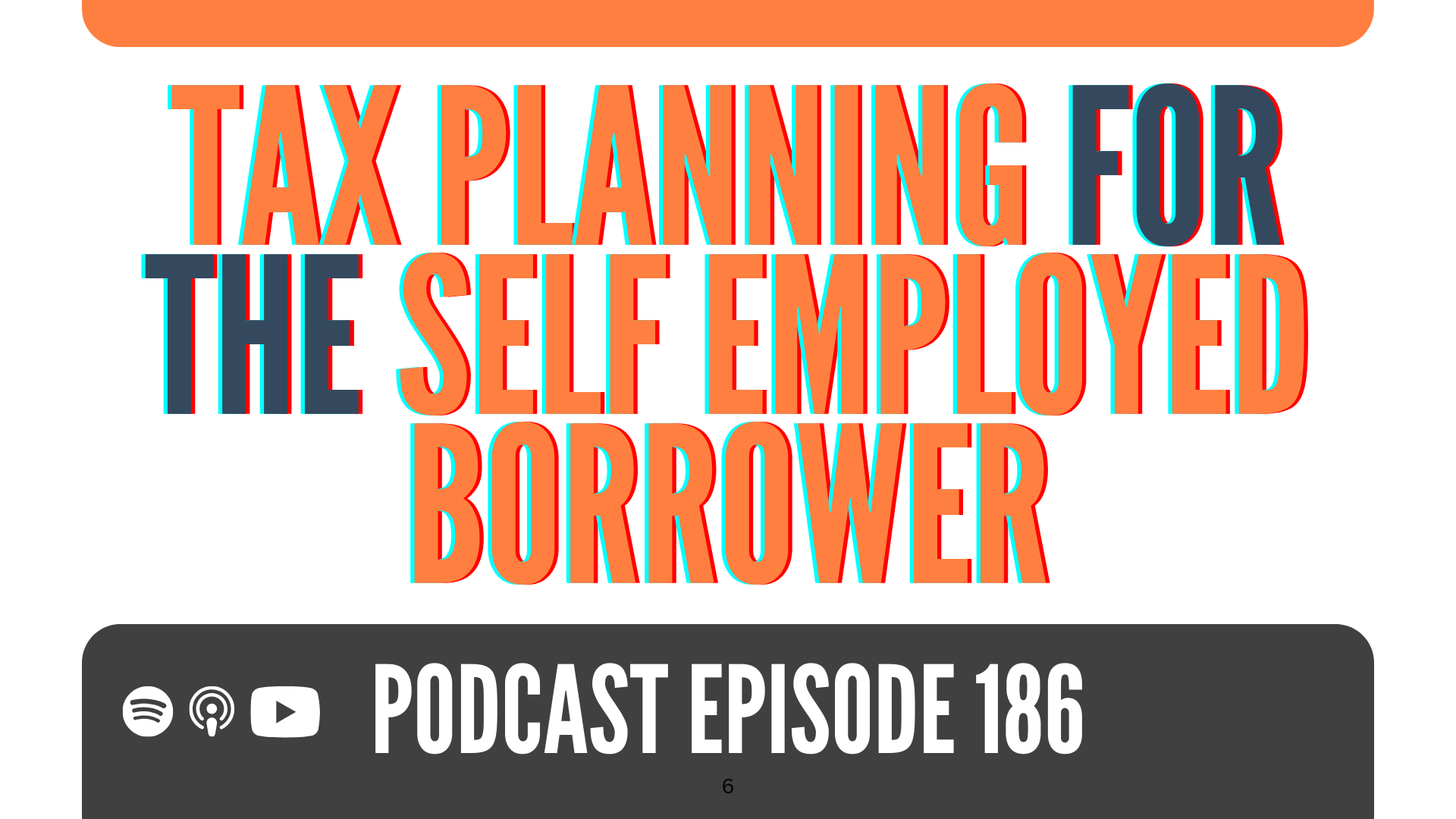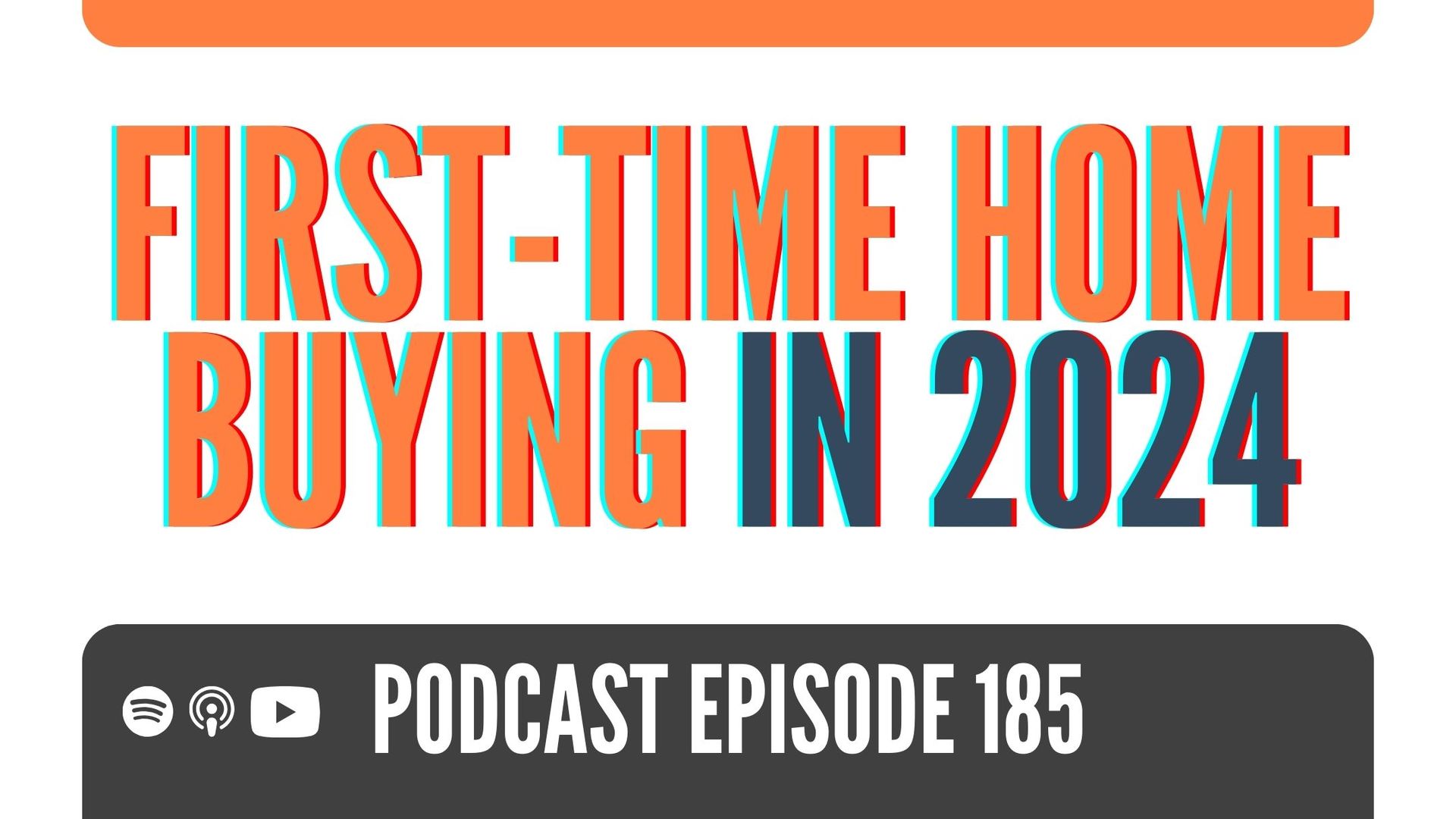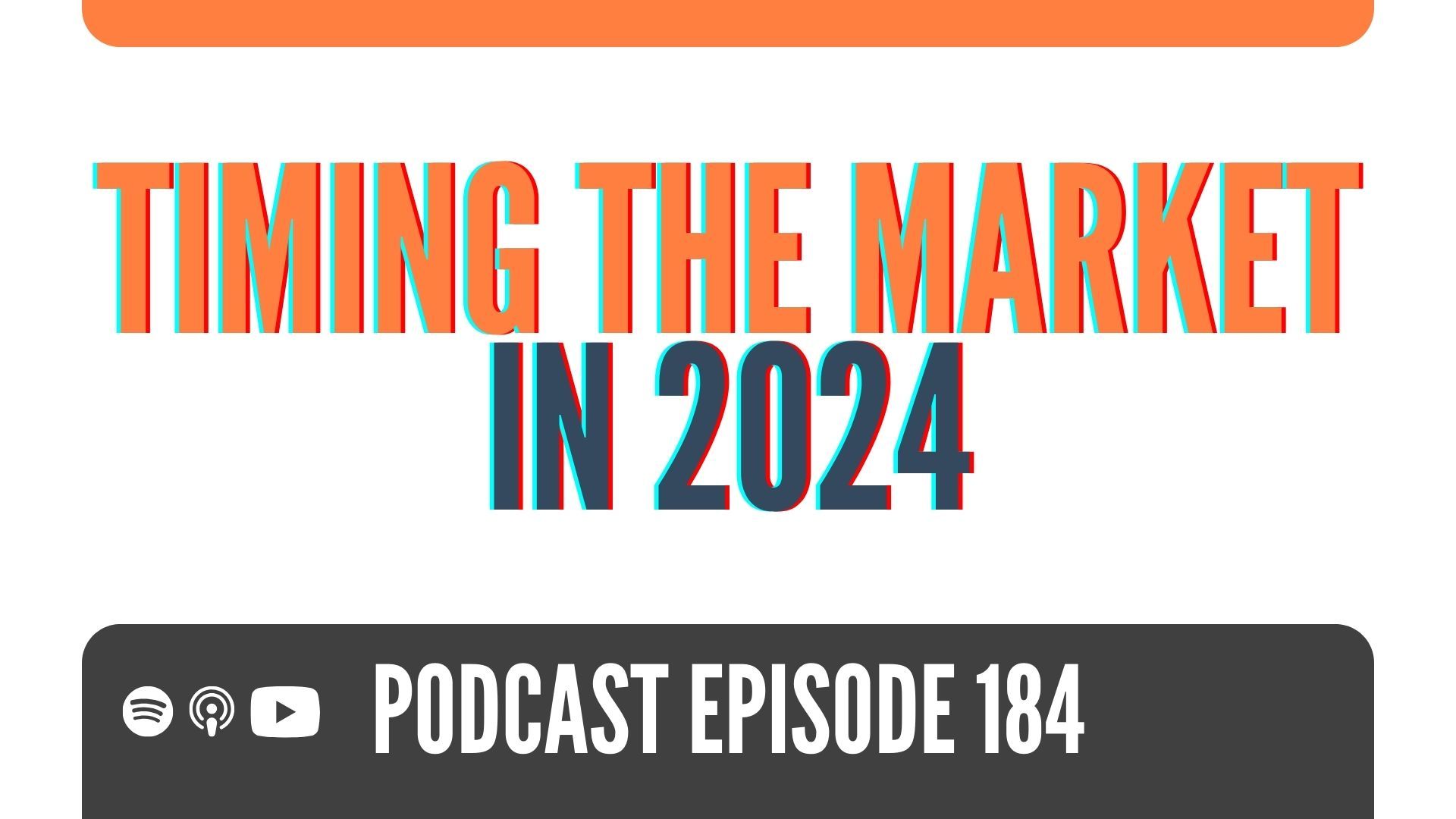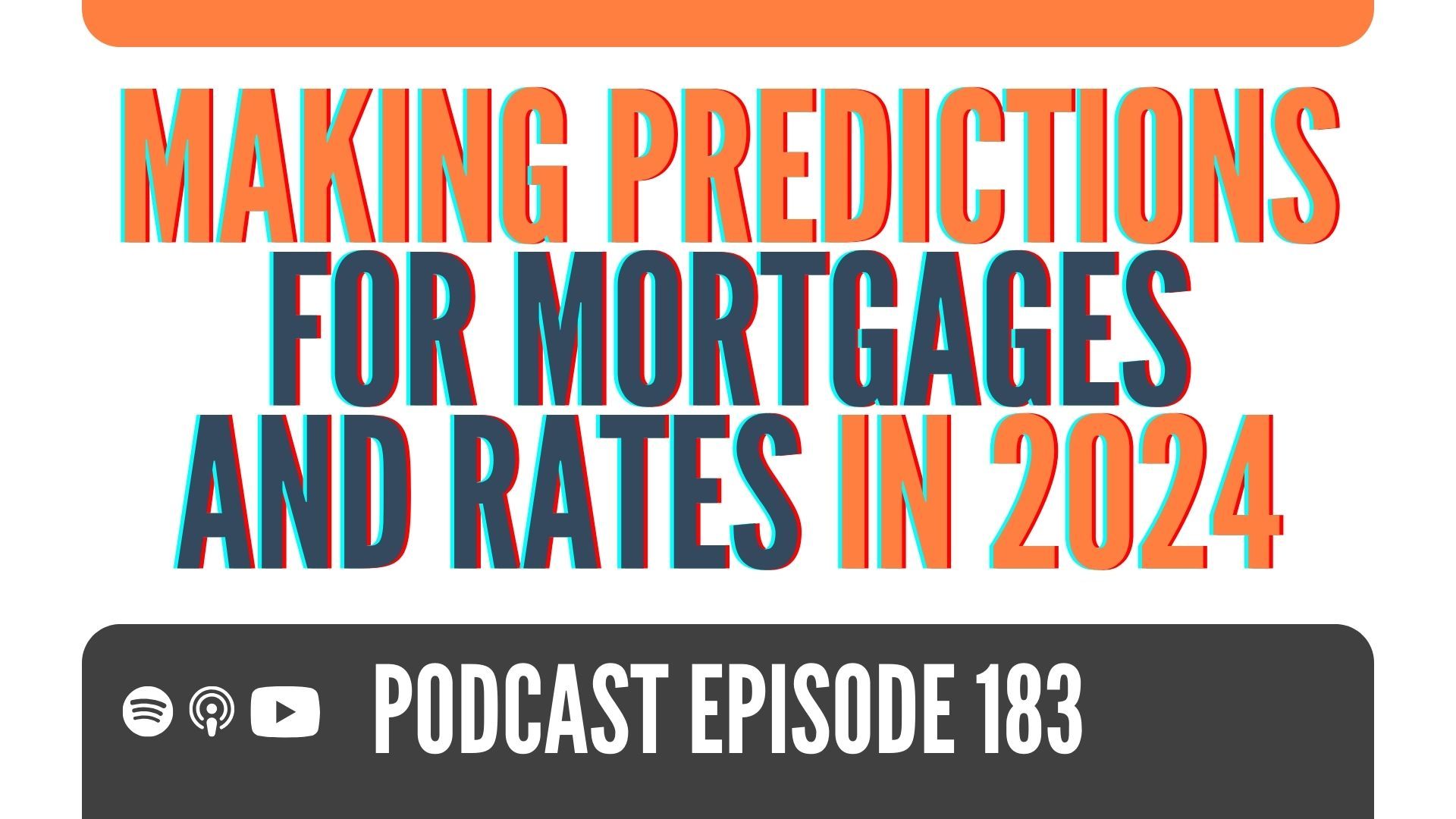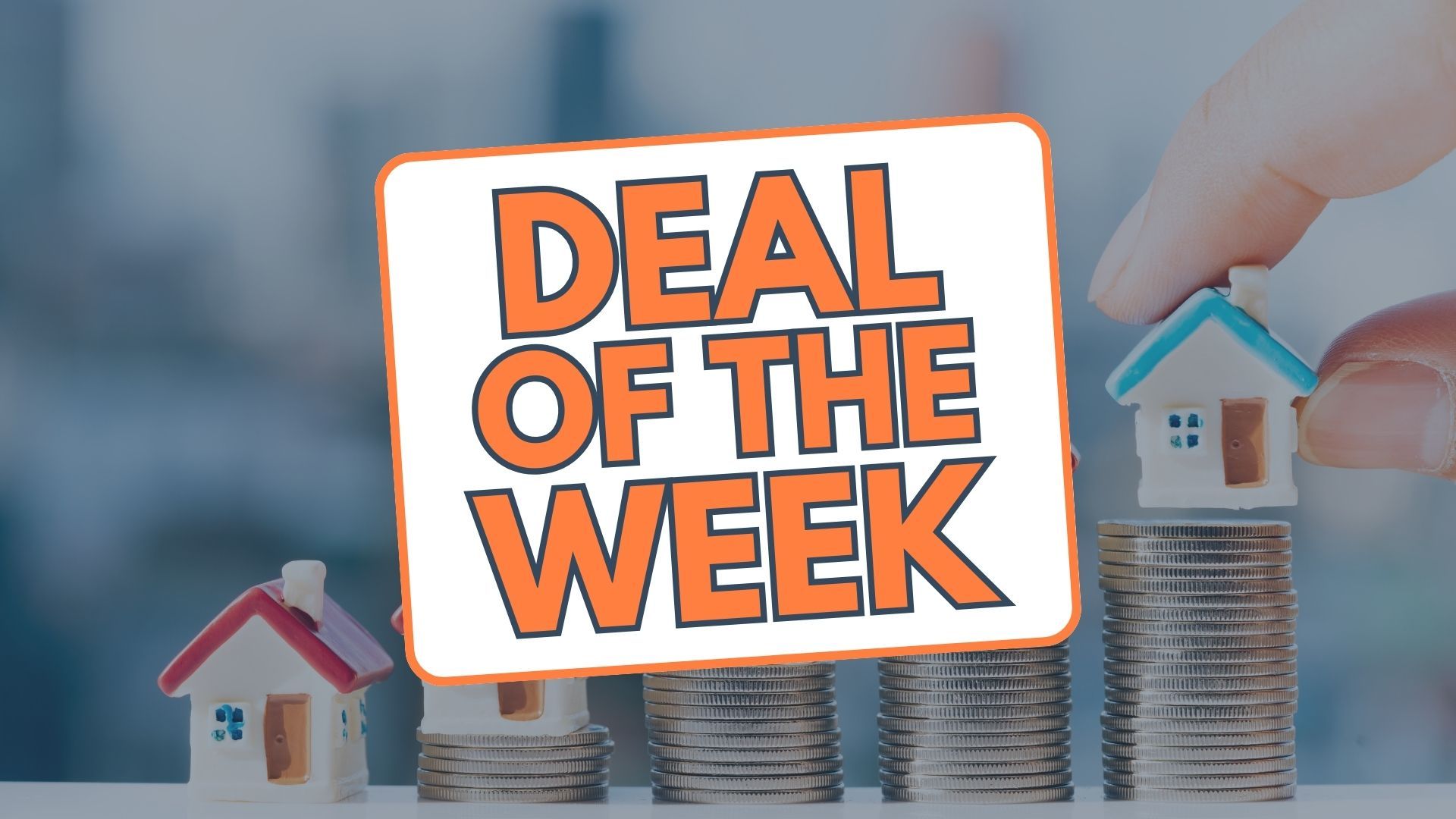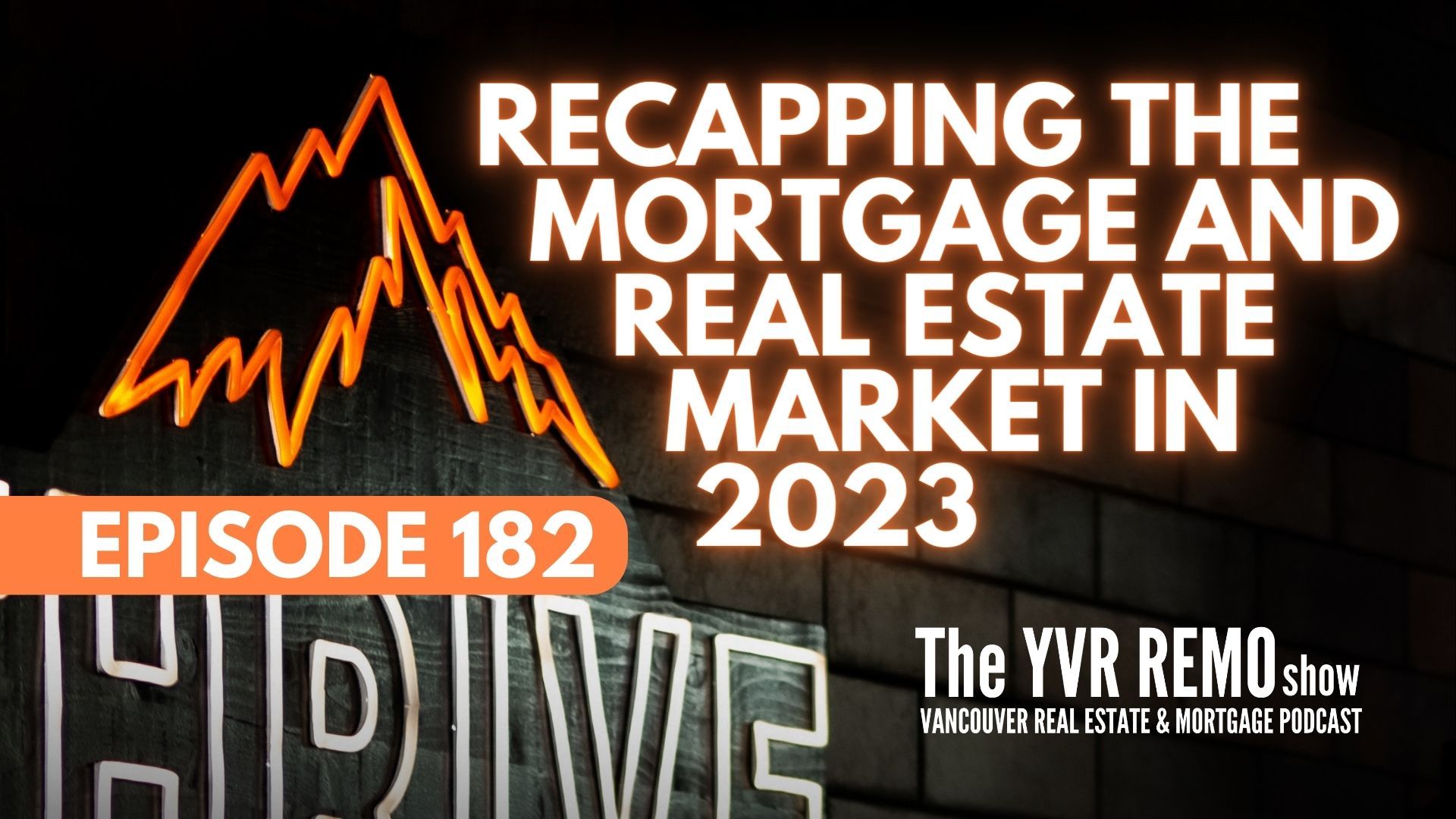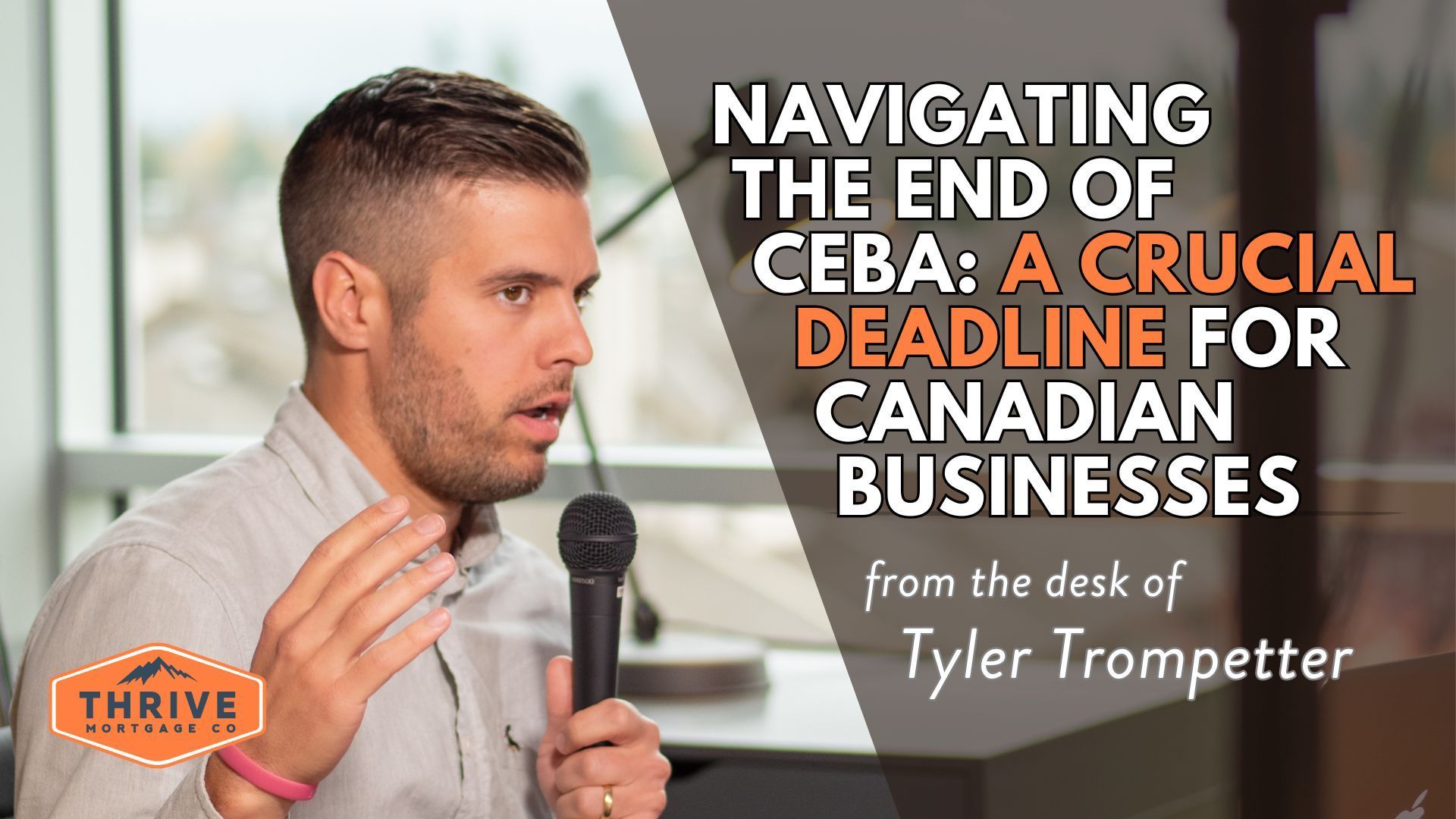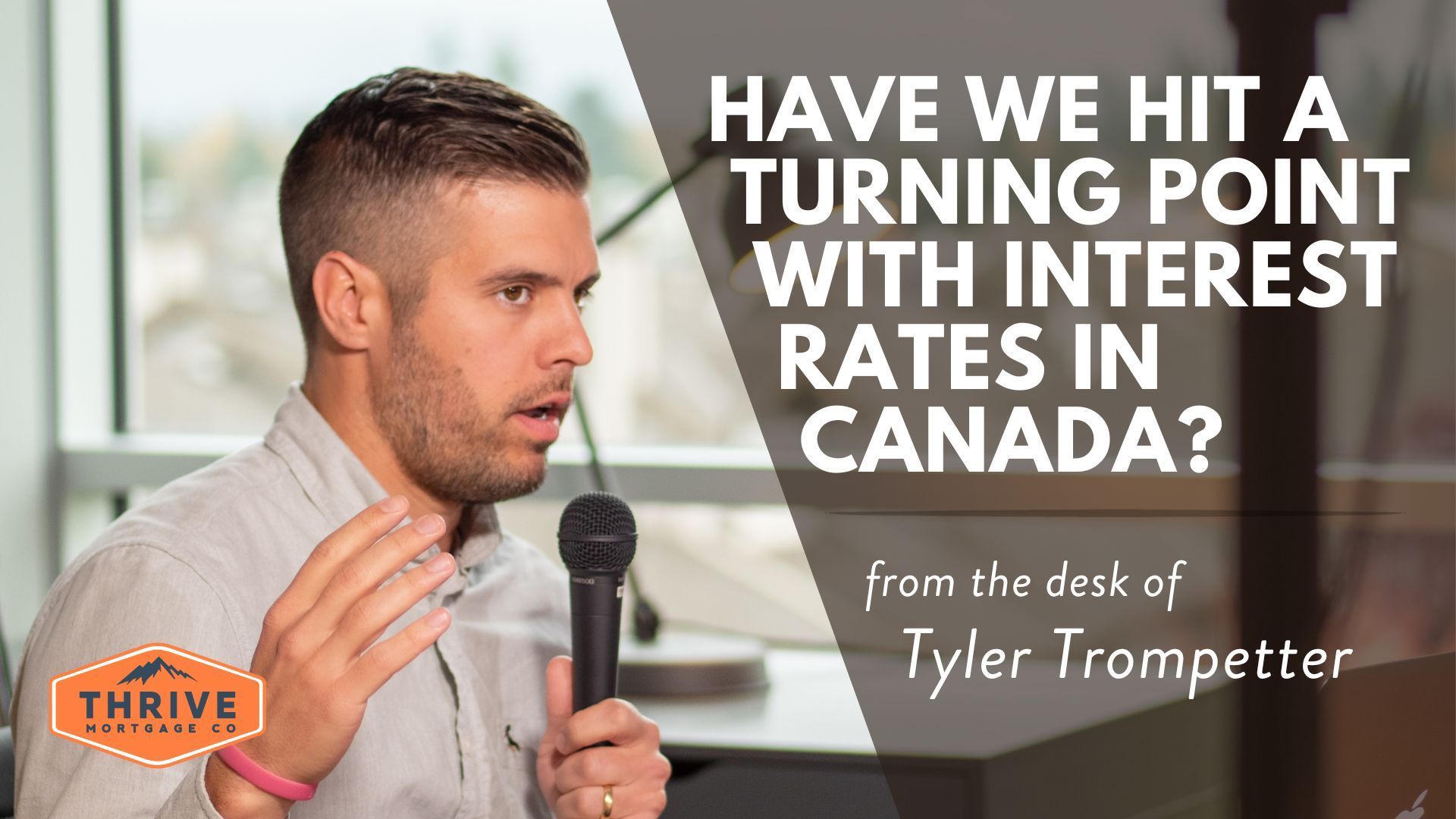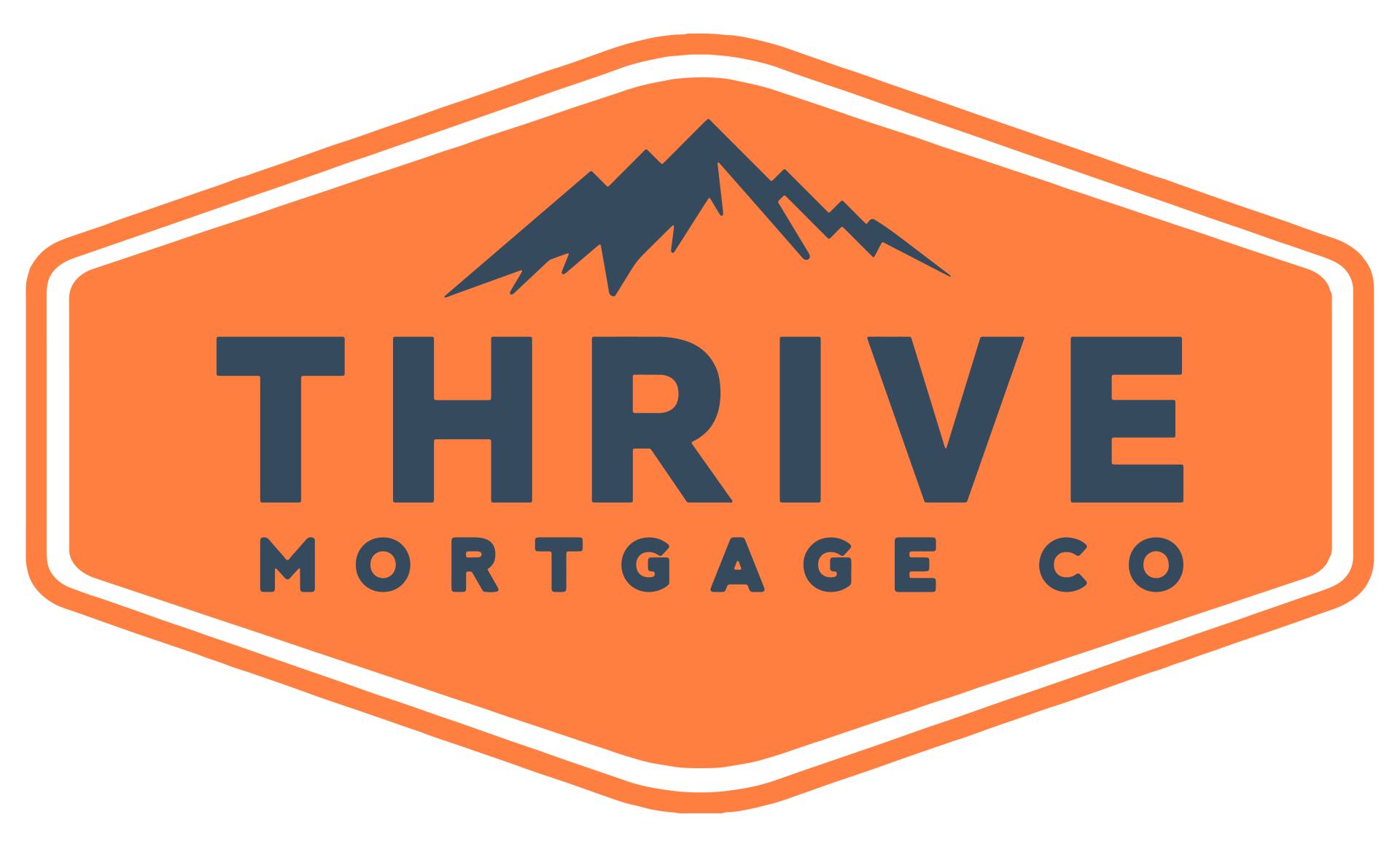The YVR Remo Show Episode 55 - New Ways of Accessing Your Home's Equity w/ Hayden James (Mortgage Expert Series)
Learn about this new way to access your home's equity!
We love it when someone takes an old concept and turns it into something new. Today's episode features a friend of ours, Hayden James, who just starting a company called Fraction. Let's get started!
How long ago did Fraction launch?
We launched officially in the beginning of February, so about three weeks ago. We've been working on this since summer 2018.
What is your official role within a fraction your company?
I'm the co founder and CEO at fraction. We're in Canada and soon in the US.
When you came up with this concept and this idea, what were the initial reactions that you had from people?
Everyone thinks you're crazy. I know the payments part but when you start working with the lenders, investing in debt products, that becomes a big issue. On the legal side, there becomes a lot of work. We went through about a six month legal process just to get our first set of loan documents put together. We did our first loan and then started working to put together a debt facility, which we just announced, which was $289 million to fund these loans.
Where did this idea come from?
My co-founder and I, Joshua, were working over at a real estate brokerage in Vancouver. What we got to see was a lot of the reasons why people were selling their homes. On the other side, we saw people buying residential real estate but then not living in it and not renting it out. What we really saw was that there's a massive liquidity problem that we need to solve. Homeowners don't want to give up control. Investors ask, who owns this home? What are they going to do with it? What's the downside risk? Equity investors just wanted returns that were way too hot, too high for what our homeowners were going to be willing to pay. They wanted 10% plus a year. What we saw was debt was cheaper. We started coming up with was a product in which the rate of the loan is based on the appreciation of the home. It acts a lot like equity, it has downsides in terms of we have a minimum rate that we charge, the home doesn't appreciate. If the home does well, we have a maximum amount that we charge. The effective rate is essentially the average appreciation over the term with no monthly payments.
What was your initial concept and how far are you from then to where you are today?
When we first started, blockchain was a really big thing. We were coming from a technology background. I come from working at www.realtor.com. Selling shares in your home is a lot different than a mortgage product or a loan product. What it really came down to was just getting a lot of feedback on what is possible and what isn't, what the market is willing to take, and what homeowners are willing to do.
How do you see this unfolding in other markets and do you have certain markets that you're targeting?
Because our product is based on the appreciation of the home, we have to be able to accurately judge that, which means we have to be able to come up with an initial value that's fairly accurate and come up with the final value that's accurate as well. We must have comparables that have transactions so that we can actually gauge that value. Rural properties are really hard for us because there's just not a lot of comparables and they're unique. Mobile homes or leasehold land, we just can't do. We focus on major urban areas. Anything under $10,000 people becomes pretty difficult to get enough comparables and transaction data. In the US, we do the same thing.
Markets such as Calgary, Fort St. John, and the middle parts of Canada, what's your approach in those markets?
We've done stuff on the Sunshine Coast and in places that have 1,500 people, it's all dependent on the home. The key piece of our product is that there's a minimum rate that we charge. We don't have to worry about if there's only going to be appreciation from a lending perspective, we can work with a lot of different people.
Can you explain equity to our viewers?
So equity is the amount of actual net worth that you own in your home. Imagine if you have a million dollar home, and you have an $800,000 mortgage on that home, you own 20% of the equity. If you were to sell that home today and you had to pay back that loan, how much would you be left over with? If you have an $800,000 mortgage on a million dollar home, you're essentially seeing that 80% loan to value or the mortgage is worth 80% of the value of the home. What we'll do is we'll go to 40% loan to value, which means we'll do the first $400,000 on a million dollar home, for example. That doesn't mean if there's an existing mortgage, let's say for $400,000, we won't do another $400,000, we will only go into first position up to the first $400,000 on a home.
What makes you different than a private lender?
We have five year terms with no penalties. It gives you a long duration with all the flexibility that you want. Our minimum rate is around 3.5% that we start with. That's our interest rate, not our APR. That's about 200 basis points less than the best private lenders out there. They might be charging a little bit less on preferred deals, but on average, we're about 200 basis points better than almost any private.
In your case there is no payments? Is credit and income a consideration?
Today, we have a minimum beacon score of 640. We're going to want to drop that over time. We're also willing to look at credit scores that are potentially lower than that but we're really going to be looking into why the credit score is less. If you have really high credit utilization, which means that you have $100,000 in available credit to you through credit cards or a line of credit and you're using $90,000 of that, that's going to impact your credit score severely, which is what a lot of people don't know. If you're going to use the proceeds of our loan that we're giving you or the equity of your home to pay down that debt, we know that your credit score is going to rebound fairly quickly because you're improving your credit utilization. Those are kind of the scenarios we'll look at. Things like bankruptcies, or gross misuse of credit are things that are harder to work with. From a repayment perspective, income is not relevant.
We work with a lot of people who are retired with zero income. We will ask for income documents. That's for our records more than anything. That doesn't factor into the decision making process on whether we'll actually do the loan, but for instance, if you're having a private go behind you in a second mortgage position up to 65%, we want to make sure you're not putting yourself in a bad position and we're not enabling that. Those types of scenarios, we'll look at it and say, does this person have an actual ability to repay this? Are they going to be potentially in a negative equity situation?
What are the different types of creative uses that you're seeing people use your product?
The scenarios that we're seeing are people are taking 40% of their existing equity in their home and going and buying an investment property. We can actually give them 40% on that as well. You can take a million dollar home with all the equity built up, and essentially go purchase a $650,000 condo with no monthly payments, and earn all the income off of that. It enables you to create an income stream as well as share the appreciation on the home.
The other one is people who are taking a portion of their home equity and putting it into other investments that are more diversified and give them a dividend. You can think of dividend paying stocks, ETFs, or retirement funds. In the US, we're looking at long term healthcare. We have also seen renovations of the home. They take out 40%, go build a laneway house, for example. What we'll do is actually make an adjustment to the appreciation or the average appreciation we make based on the improvement. You are completely taking advantage of all those improvements. We don't participate in that to be very clear.
Has Fraction been the only one who have done this type of product?
We're the only ones doing this. We're competing against the existing reverse mortgage players. We don't have as many restrictions as them because our product is very different in terms of how the rate is calculated, what you can do with it, and the types of properties you can use it on.
What is the key difference from your product to a reverse mortgage?
Privates will include their payments in a one year contract. Typically there's no actual monthly payment. and that's how we're similar to a reverse mortgage. A reverse mortgage, you have to be 55 and older because the loan to value is based on your age. The older you are, the more you can access. On the private side, it comes down to rate and the ability to access the absurd amount of cash that would be at the rate we're committed to.
There's no penalty to get out of it when life is is treating you better again, is that fair to suggest?
We're in a similar space like a home equity line of credit. We play much more in that type of space, but without monthly payments.
You can pay out this quote unquote, equity debt, and in that case it's no different than a typical mortgage with the exception of the fact that you're not making payments. Is that fair to suggest?
We put in protections for the homeowners as well. If you're seeing an appreciation, we're not looking to charge homeowners that, we have a maximum cap that we charge. We're taking the risk. The homeowner is as well but we're charging the lowest rate when the homeowner when the home isn't appreciating. We do charge a little bit more when the home does appreciate. It's all based on your net worth game. That's really what we're focused on is having what we call socially conscious finance and this alignment of outcomes with homeowners.
What is the thing that sparked interest in the last few months, as far as use case scenarios?
Building an Airbnb or a laneway house is really cool to see them put that cash to use in a positive way. We've seen people that would have most likely had to sell their home because of the pandemic. They don't have cash flow, and we've been able to help them.
What's been the number one attractor for Fraction?
Our product is not an ordinary product, it's not a standard off the shelf market product. There's an educational component. For some homeowners, that's just a bit too much, they just want to go something they have come to known for a long time.
What is the best way if someone to find out more about your product besides the obvious of coming to us first?
Give us your call. We'll help you out. Our website is the is the easiest way to find us and find some information on our product., they'll be able to get an estimate calculator which allows you to run your own scenario of what you're looking to do with the cash and see what you could do with it. You can submit your information and we can connect you.
Check out more from Fraction!
https://www.linkedin.com/company/fraction-technologies/
Have more questions? Get ahold of us!
We're on Instagram!
instagram.com/thrivemortgageco
Check us out on Facebook!
How to Reach US! 📲
Call 604.398.5575 or Email us!
More Questions or READY to get started!?
Just Ask US > Click Here to set up a call or EMAIL us
